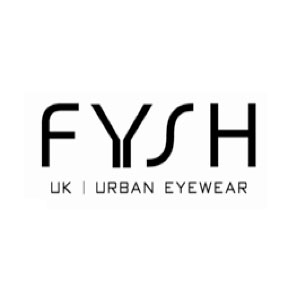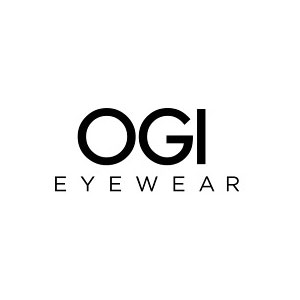You wouldn’t dream of going to the beach without sunscreen on, or snow skiing without goggles to protect you from ”snow blindness”..... So what do you do to protect your eyes from potentially harmful blue light from screens? Blue light exposure is at an all time high, with the average viewer spending greater than 5 hours per day behind some sort of screen device.
New research is exploring the effect of light rays emitted from phones, computers, television, and some LCD lights to see the effect on the retina and lens of the eye. The blue light spectrum is a portion of the visible light spectrum similar to UV-A and UV-B. UV-B exposure has been a known cause of cortical cataracts. This is leading researchers to conclude that this exposure needs to be studied more.
“New research evidence suggests that high energy visible light from artificial sources may not be entirely harmless,” from Karl Citek, O.D.,Ph.D., Chairman of the American Optometric Association Commission on Ophthalmic Standards. With this in mind, more research globally on this portion of the light spectrum has now ensued.
One of the potential effects are the increased risk of macular degeneration because the delicate macular cells of the retina can be affected by long term exposure to certain wavelengths. Another event being studied is the effect on sleep habits.
 You see, blue light exposure right before bedtime may inhibit sleep because the blue light keeps us alert, and blocks the production of melatonin which puts us to sleep. So stopping use of your computer one hour before bedtime is recommended in order for the body to properly produce the melatonin you need to fall asleep easily.
You see, blue light exposure right before bedtime may inhibit sleep because the blue light keeps us alert, and blocks the production of melatonin which puts us to sleep. So stopping use of your computer one hour before bedtime is recommended in order for the body to properly produce the melatonin you need to fall asleep easily.
Treatments for limiting exposure to harmful blue rays comes in the form of tinted lenses. Yellow, amber, orange or red lenses can protect more fully from any potential hazards of blue light exposure. There are also anti-reflective lens treatments that are quite effective put out by major lens companies.
Overall, more research is definitely needed, but there may be a moment in the future that putting on “screen time “ glasses will be as common as sunscreen.
References
Article on Light and Eye Damage by Gregory W. Good, O.D., Ph.D.
 The content of this blog cannot be reproduced or duplicated without the express written consent of EYEiQ
The content of this blog cannot be reproduced or duplicated without the express written consent of EYEiQ
This entry passed through the Full-Text RSS service - if this is your content and you're reading it on someone else's site, please read the FAQ at fivefilters.org/content-only/faq.php#publishers.
Powered by Steuernachrichten














